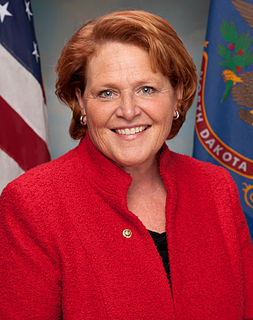A Quote by Dido Harding
I think we'd be cutting off our hand to spite our face if we demonize private health care.
Related Quotes
In comparison to the U.S. health care system, the German system is clearly better, because the German health care system works for everyone who needs care, ... costs little money, and it's not a system about which you have to worry all the time. I think that for us the risk is that the private system undermines the solidarity principle. If that is fixed and we concentrate a little bit on better competition and more research, I think the German health care system is a nice third way between a for-profit system on the one hand and, let's say, a single-payer system on the other hand.
Although a government study found that men's health was much worse than women's health or the health of any minority group, headlines around the country read: 'Minorities Face Large Health Care Gap.' They did not say: 'Men Face Large Health Care Gap.' Why? Because we associate the sacrifice of men's lives with the saving of the rest of us, and this association leads us to carry in our unconscious an incentive not to care about men living longer.
The German health care system is unique in its attempt to combine competition among sickness funds on the one hand and a universal coverage plan on the other hand. Most health care systems are either one or the other, so you either have private insurance and competition but not everyone is covered for everything, or you have a single-payer system. So the ideal types are like the American system on the one hand or the Scandinavian or U.K. systems on the other end.
Germany tries to combine the advantages.



































